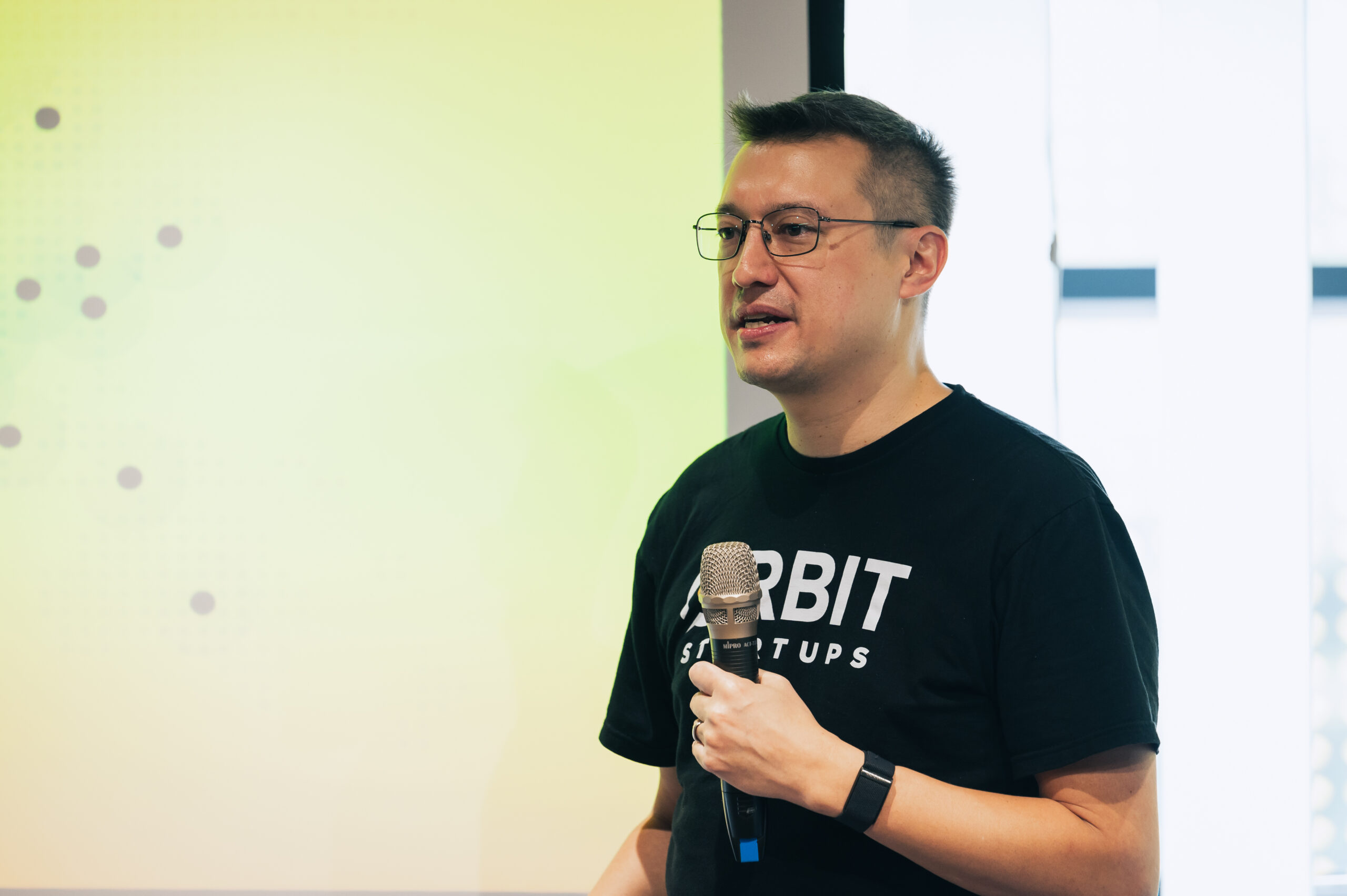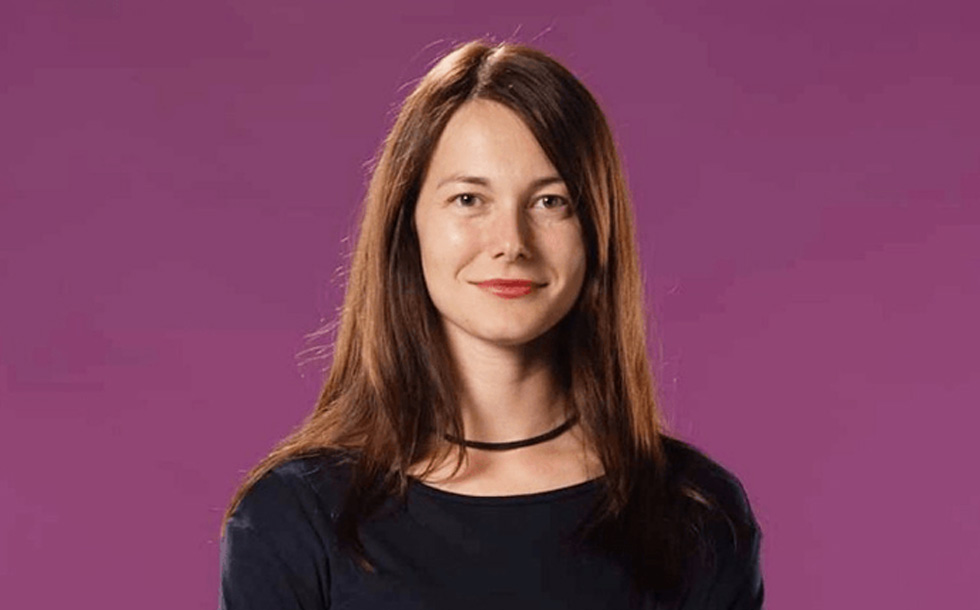For Renato Silva, markets aren’t abstractions on a spreadsheet—they’re communities with heartbeats. The Orbit Startups mentor, co-founder of Further Ag and Scale Climate Action, climate tech advisor, and former regional head at Tencent shared his global expansion playbook with Orbit founders—distilling two decades of wins and failures across three continents into three uncompromising principles.
Transforming JOOX into Southeast Asia’s dominant music platform with over 100 million users, outmaneuvered the European music-streaming platform Deezer, which shuttered operations just six months after launch. But Renato’s real edge wasn’t superior technology or deeper pockets—it was understanding that successful market entry requires surgical precision in reading human behavior.
International expansion isn’t simply about deploying products globally, but rather about recognizing markets as complex communities where cultural nuances directly drive economic outcomes. As Renato explains, “Markets are people, and people are always very different.”
Lesson One: Markets Are People, Not Metrics
Renato’s first principle cuts through standard market sizing theater: “We can’t think about a market as a homogeneous thing. These are people, and people are always very different.”
The numbers back him up. Europe contains 250 languages across 5 alphabets. Indonesia—where Renato now operates—houses 700 languages and 1,200 ethnic groups. India supports 1,600 languages spanning 11 writing systems.
“If we have so many different alphabets in the same market, imagine how different people actually are,” Renato explained. “Imagine the cultural differences, the cultural backgrounds they have because of this isolation—the food, the thoughts, the values.”
At JOOX, this insight drove their Thailand strategy. While conventional wisdom suggested Thai consumers would mirror global music consumption patterns (70% international, 30% local), ground-level research revealed the inverse: 70% Thai music, 30% international.
That data point became their competitive moat. While competitors optimized for international catalog depth, JOOX negotiated premium features for local content—allowing Thai users to access offline listening, unlimited skips, and background play for free with Thai music.
The result? Viral organic growth that started at 1,000 downloads daily and escalated to 10,000 within days, driven purely by word-of-mouth in a market where music piracy was endemic.
Lesson Two: Weekly Customer Conversations Aren’t Optional
Renato’s second principle challenges the metrics-first orthodoxy dominating product development: “When we look at metrics from our products and services, we can see the tip of the iceberg.”
His argument: metrics tell you what happened, customer conversations reveal what’s about to happen.
At JOOX, Renato institutionalized weekly customer interviews across the entire product organization—not just customer success or sales teams. Engineers, designers, and product managers rotated through direct customer contact, creating a continuous feedback loop that informed both strategic pivots and tactical optimizations.
The process was systematized, not ad hoc. They embedded interview recruitment directly into the app interface, pre-screened participants through automated forms, and maintained dedicated “war rooms”(collaboration hubs) where non-interviewing team members observed sessions live, annotating insights in real-time.
“This constant cadence of customer interviews pulls the team to be ready to talk to customers on a very regular basis,” Renato noted. “We always have questions to ask our customers. We always have either questions or prototypes or different kinds of assumptions that we want to test.”
The infrastructure investment paid dividends. When testing new features or market strategies, JOOX could validate assumptions within days rather than months, dramatically reducing both development costs and market risk.
Lesson Three: Diversity Without Alignment Breeds Chaos
Renato’s third principle addresses the execution gap between strategy and results: diverse teams generate insights, but aligned teams convert insights into outcomes.
“The only way we can listen to as many hidden opportunities as possible from a diverse set of customers is to have great people with wide open ears and minds to listen to it,” he explained. “And some of them must be local to the target market.”
At JOOX, local team members weren’t token hires—they were strategic assets. Thai team members didn’t just handle translations; they decoded cultural context that international operators missed entirely. They identified that piracy wasn’t a pricing problem but a convenience problem, informing the free premium strategy that disrupted the market.
But diversity without direction creates organizational drift. Renato emphasized that high-performing international teams require shared mission, values, and objectives that transcend cultural differences.
As the saying goes, “Culture eats strategy for breakfast,” he reminded the audience. “If you don’t have the right culture based on your core values, if you don’t have the right attitudes and behaviors in your company, it’s very, very hard.”
The Anti-Patterns: Where Global Expansion Dies
Renato identified four expansion killers that destroy otherwise promising international strategies:
– Entering markets without deep customer knowledge—surface-level demographic research doesn’t substitute for behavioral understanding. JOOX succeeded because they invested months understanding how Thai consumers discovered, consumed, and shared music—not just whether they liked music.
– Attempting solo market entry. International expansion without local partnerships is venture suicide. “We can never do anything on our own,” Renato emphasized. “When we’re entering new markets, it’s really important for us to partner with local companies and local strategic partners.”
– Over-standardization versus over-customization. Global platforms that refuse localization fail, but hyper-customized solutions don’t scale. The winning formula finds standardizable core functionality with localized interfaces and business models.
– Timing misalignment. Renato’s cautionary tale: launching Brazil’s first commercial podcasting company in 2006, years before market readiness. “It was an amazing product, totally at the wrong time. Timing is really important.”
The Renato Playbook: Learning as Competitive Advantage
Renato’s approach works because it acknowledges a fundamental truth: international expansion isn’t a scaling problem, it’s a learning problem. The companies that expand successfully don’t just ship products —they build organizational reflexes to adapt fast in unfamiliar markets.
At JOOX, weekly user conversations didn’t just inform feature tweaks—they built a living knowledge system. Insights from Thailand shaped go-to-market plays in Indonesia, and identified patterns redirected priorities in Myanmar . This compound learning created moats that competitors chasing playbooks couldn’t match.
For founders eyeing global markets, Renato offers a clear operating principle: talk to customers early and often, hire teams that span cultures, and design systems that respond to nuance, not just data.
The execution is unforgiving. But teams that embed local behavior into product, align around a shared mission, and adapt faster than competitors, unlock a kind of growth no spreadsheet can predict.
As Renato puts it: “Nearly two decades across three continents showed me that real scale comes from understanding how people live, not just where they live.”
Global expansion isn’t about shipping features. It’s about building cultural fluency into the way you work.
If you’re building for global markets and want to trade notes, reach out to Renato Silva at renato@further.ag.
—
Orbit Growth Summit is where Orbit founders learn growth tactics from top experts in product-led growth, performance marketing, and scalable systems.




